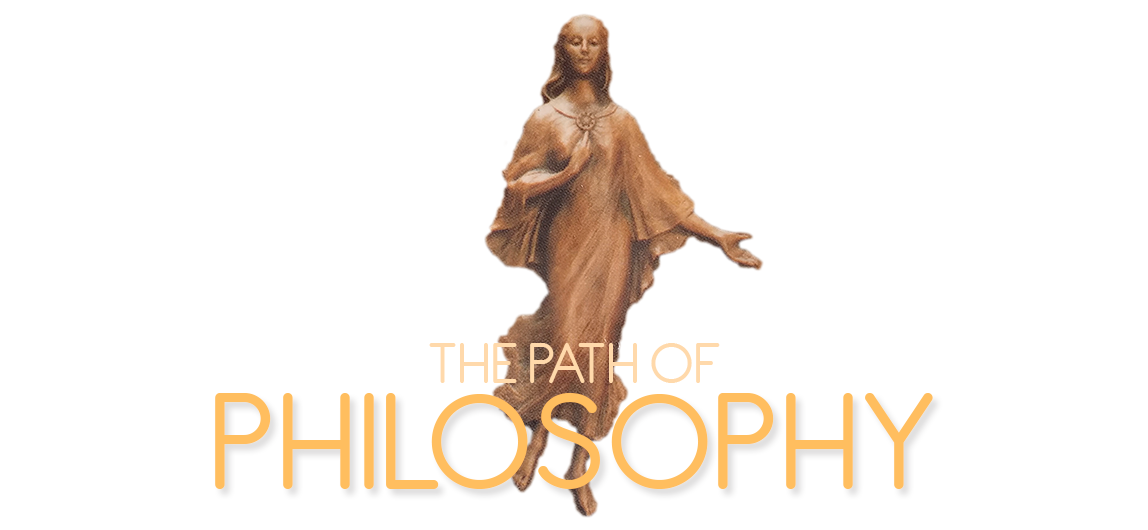By Parmenides, with translation and commentary by Raphael (Ashram Vidya Order). 2007.
Aurea Vidya Foundation Inc. New York, N.Y. (131 p.) www.vidya-ashramvidyaorder.org
Raphael’s translation and commentary of Parmenides “On the Order of Nature” provides a key to understanding this ancient text, which exists only in fragments and whose meaning and purpose has baffled many academic philosophers. According to Raphael Parmenides has presented us with an overview of a spiritual journey (an ascesis), outlining the path itself and the goal – which is “Being” or the summum bonum of existence. With this interpretation Raphael shifts our focus from viewing Parmenides as an academic philosopher to one in which he is seen as a spiritual teacher who shows us the “way.” This accords with appellation assigned to Parmenides by tradition as “one who has introduced the mortals to the straight path of wisdom.”
This small but pithy book contains an introduction to the text, interpretations of its two primary sections (concerned with “being” and “becoming”), and a translation (with English and Greek on facing pages), concluding with copious footnotes. Raphael helps makes sense of this work by the great Parmenides, outlining Parmenides’ vision of “Being” as the ultimate principle and foundation of all things, and of “Becoming” which appears within being but which is not separate from it, and which we experience as every-day reality. This interpretation suggests that we have mistaken the effect for the cause (becoming for being) and that this mistake constitutes a spiritual misunderstanding of profound significance, one which is the source of our unhappiness and suffering.
According to Raphael the ills of modern society are due to the fact that we do not have a shared vision of truth and of the goal of life. “On the Order of Nature” provides exactly this, presented in the voice of Dike (the Goddess of Truth and Mother of the World) who speaks to Parmenides and leads him on his journey. It will be up to the reader to decide if this is a fanciful, symbolic literary device on the part of Parmenides, or a description of actual realities.
The book is noteworthy for a number of reasons. First, for its clear exposition and explanation of the fragments, knitting them into a coherent whole. Second, for it ample use of quotations that illustrate the meaning of the text, from both western and eastern sources. The selections from non-Greek sources, specifically the Hindu Upanisads, clearly indicate that there is a common truth that is the source of humanity’s great spiritual traditions. Third, as is the case with Raphael’s other books on Greek philosophy (Orpheus and the Initiatory Tradition and Initiation into the Philosophy of Plato), he reminds us that at the core of our Western philosophical tradition is an initiatory path of spiritual depth and wisdom rather than the immature musings of a primitive philosophy to be supplanted by more “modern” thinkers. If this is true, then only one who is himself a “knower of truth” can hold the key that will unlock their secrets. In this regard Raphael has performed an admirable service.
Review by Micha-El (Alan Berkowitz). October, 2009

